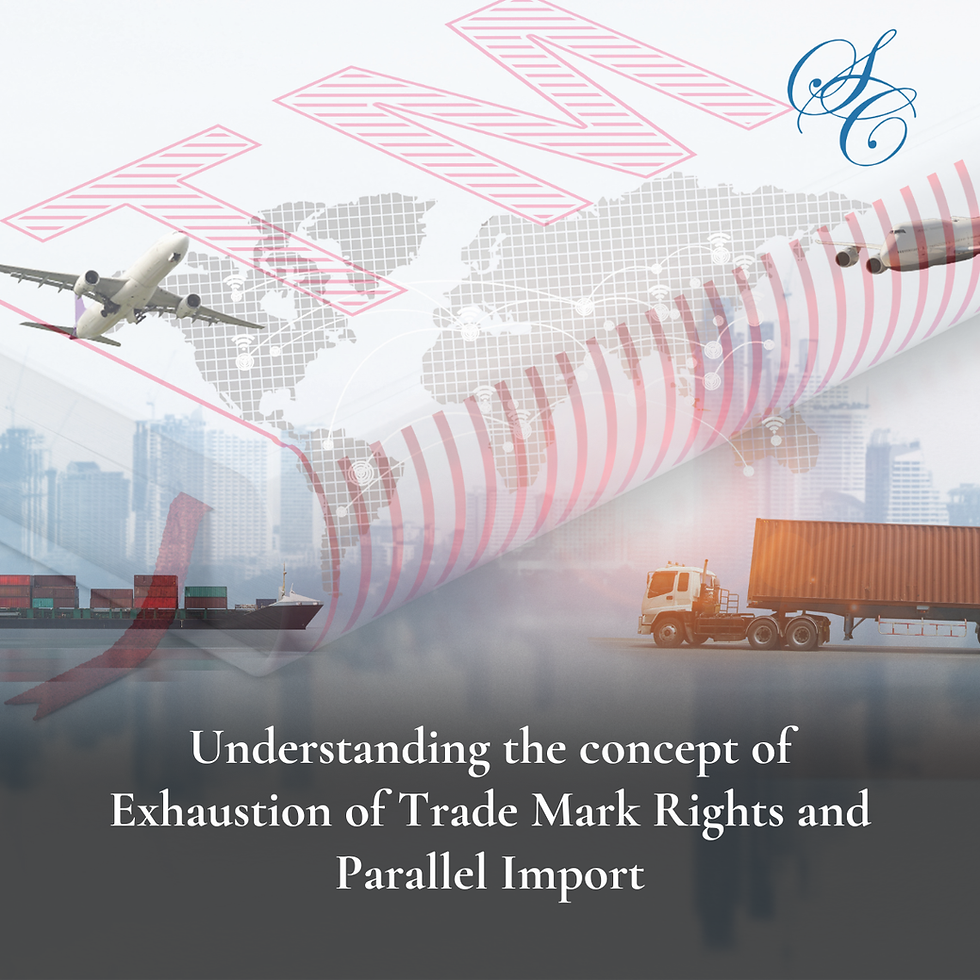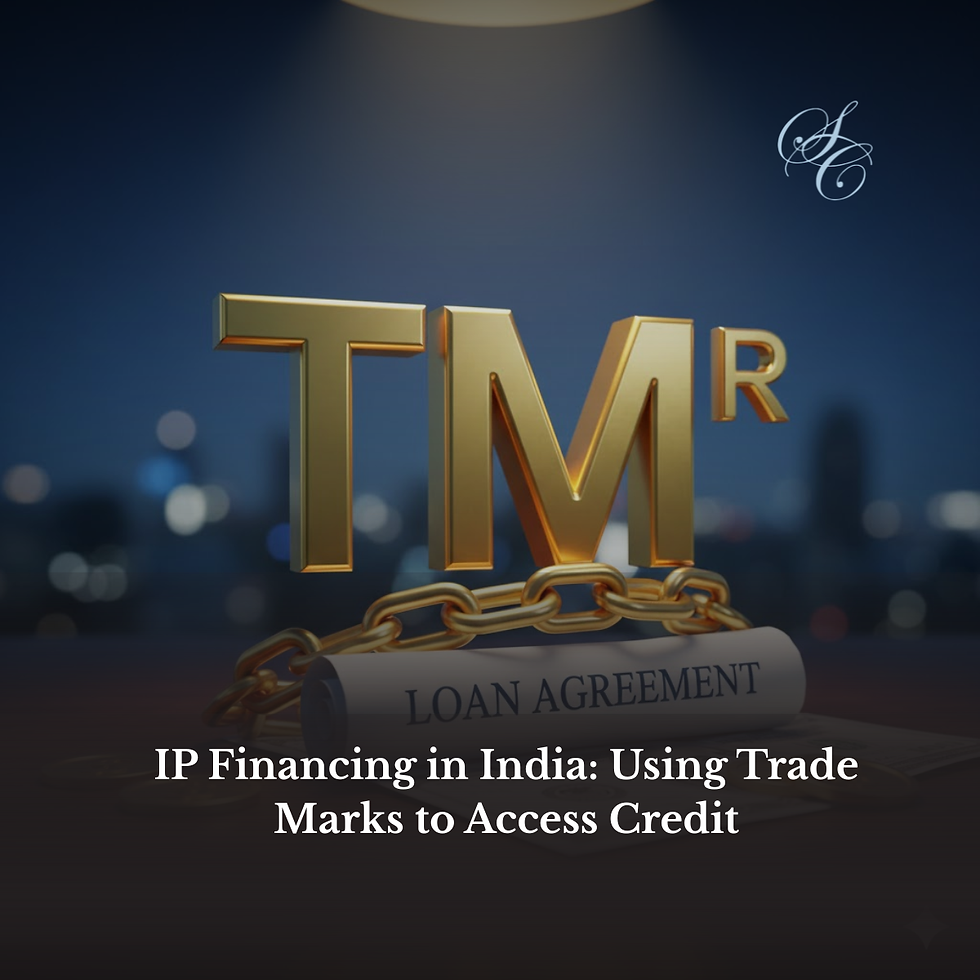Intermediary Liability under Indian Copyright Law: A New Take
- Sarwajeet Singh
- Jan 14, 2020
- 2 min read
On September 27, 2019, after a court-room battle of eight (8) long years, Suneel Darshan, a producer and director in the Indian movie industry, also known for movies like Andaaz and Barsaat, emerged victorious against the Internet giant Google, and its video sharing website Youtube, in a suit for copyright infringement.
In M/s Shri Krishna International etc. v. Google India Pvt. Ltd. and others, Darshan, proprietor of Shree Krishna International (“Plaintiff”), a production company, initiated the instant suit against Google Inc., a US company, its Indian subsidiary, Google India Pvt. Ltd. and Youtube LLC (collectively “the Defendants”), before District Court of Gurugram. Darshan prayed for a permanent injunction, damages and accounts
Allegedly, the Defendants, the owners and operators of www.youtube.com, were intentionally exploiting and misappropriating the valuable intellectual property of the Plaintiff, primarily the copyright in Plaintiff’s cinematograph films, audio-visual songs, sound recording including the underlying literary & musical works (collectively “Works”). The Works were being uploaded on www.youtube.com and downloaded by users using a facility called “Youtube Downloader” without obtaining any permission or consent from the Plaintiff. These activities of Defendants resulted into huge financial loss to the Plaintiff as most of the revenue earned by Plaintiff comes from its films, their content such as songs, etc.
Relying on MySpace Inc. v. Super Cassette’s (CS(OS)2682/2008), the Defendants argued that, being intermediaries/service providers under the Information Technology Act, 2000 (“IT Act”), they had no control over the user generated content and, therefore, could not be held liable for copyright infringement as alleged by Plaintiff.
Dispensing with the requirement of the specific knowledge of infringing content, the court held that once the Defendants were aware of the title of works of Plaintiff, it was upon them to locate the URL’s and take down the allegedly infringing content. Also, the Court discarded the Defendant’s argument that proper take-down request procedure, with specifications of the specific URLs which are being claimed to have been infringing was not complied with or produced, is sufficient to render this claim of infringement invalid.
Though the case is not clear as to whether any formal steps were fulfilled by the copyright owner to satisfy the Notice and Takedown procedure, it certainly relaxes the ‘actual knowledge’ standard enunciated in My Space.
The Defendants have appealed the order in the Punjab and Haryana High Court, and it will be interesting to see which way the High Court decides.




Comments